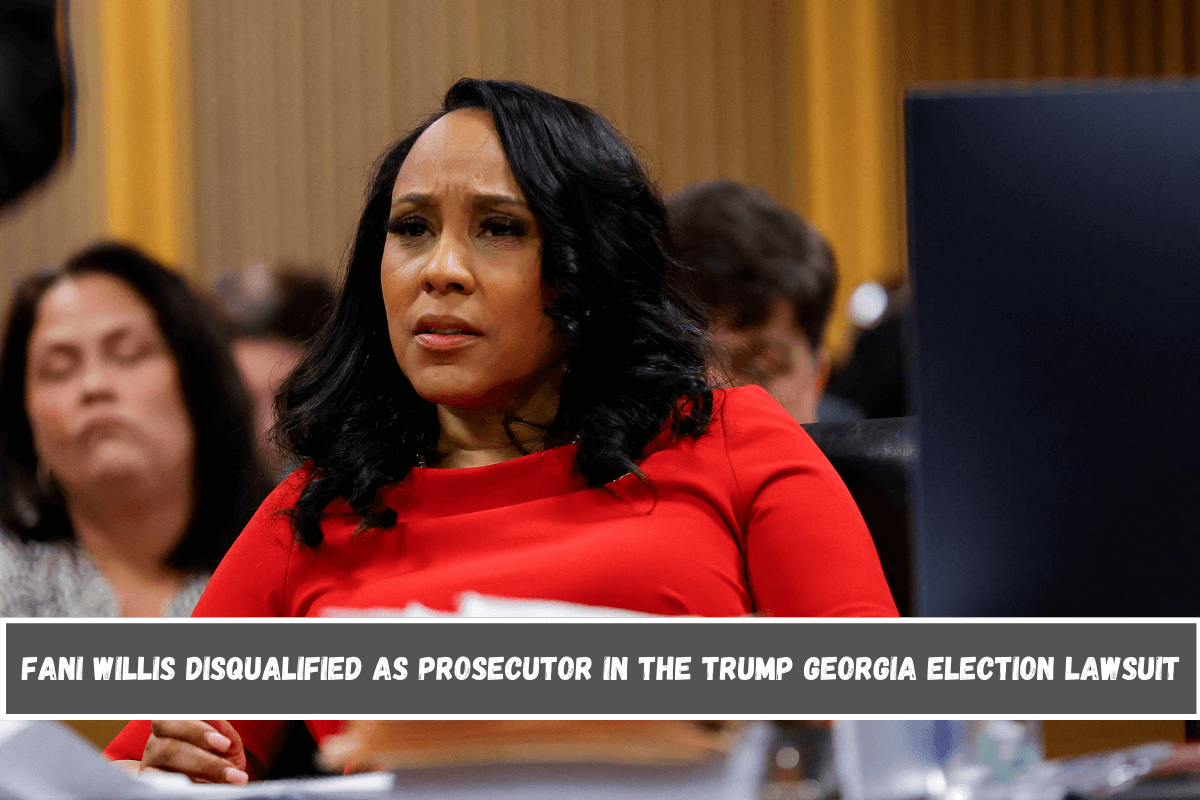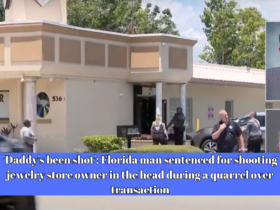On Thursday, a Georgia appeals court removed Fulton County District Attorney Fani Willis’ (D) office from the 2020 election interference case against President-elect Trump because of her relationship with the case’s top prosecutor.
The panel described Willis’ relationship with former special prosecutor Nathan Wade as having a “significant appearance of impropriety.”
The court declined to dismiss Trump’s indictment outright, but disqualifying Willis’ office casts even more doubt on the case’s future, which is already complicated by Trump’s impending return to the White House.
“After carefully considering the trial court’s findings in its order, we conclude that it erred by failing to disqualify DA Willis and her office,” Judge E. Trenton Brown III wrote in the court’s decision.
“The remedy crafted by the trial court to prevent an ongoing appearance of impropriety did nothing to address the appearance of impropriety that existed at times when DA Willis was exercising her broad pretrial discretion about who to prosecute and what charges to bring,” the judge ruled.
The decision leaves open the possibility that another prosecutor will take over the case, but the path forward remains uncertain. Trump’s legal team has separately sought to dismiss all of his criminal charges on the grounds that he is the president-elect.
“As the Court correctly stated, only disqualification will suffice to restore public trust,” Trump attorney Steve Sadow said in a statement. “This decision puts an end to a politically motivated persecution of the next President of the United States.”
The Hill has requested a statement from Willis’ office. Defense attorney Ashleigh Merchant, who represents one of Trump’s co-defendants and filed the initial claim against Willis and Wade, said she and her client are “grateful” that the court agreed Willis should not be allowed to prosecute the case further.
Last summer, Willis charged Trump and more than a dozen of his allies with allegedly plotting to overturn President Biden’s 2020 Georgia victory.
The revelation of Willis and Wade’s romance, whom the district attorney hired to lead the Trump prosecution, caused a months-long pause in the case.
After a tumultuous hearing in February that saw both prosecutors testify, Judge Scott McAfee, who oversees the trial proceedings, determined that the romance constituted an appearance of a conflict.
The judge said the prosecution could proceed if Wade stepped aside, which he promptly did.
For months, Trump and his allies have been appealing that decision to the Georgia Court of Appeals, claiming that the district attorney should not be allowed to proceed. Meanwhile, the trial proceedings came to a halt.
In Thursday’s ruling, the appeals court panel rejected Trump’s arguments that the romance constituted an actual conflict, agreeing that it only appeared to be one, but said the judge was incorrect in concluding Willis could proceed.
“While we recognize that an appearance of impropriety generally is not enough to support disqualification, this is the rare case in which disqualification is mandated and no other remedy will suffice to restore public confidence in the integrity of these proceedings,” the court’s appeals panel wrote.
Judge Ben Land dissented from the other two judges on the panel, arguing that the appeals court should defer to the trial judge’s findings rather than interfering with their discretion.
“Where, as here, a prosecutor has no actual conflict of interest and the trial court, based on the evidence presented to it, rejects the allegations of actual impropriety, we have no authority to reverse the trial court’s denial of a motion to disqualify,” Land wrote in its ruling. “None. Even if there is the appearance of impropriety.”
Willis could file an appeal with the state Supreme Court. If that effort fails, the case against Trump and his allies will be turned over to Georgia’s Prosecuting Attorneys Council (PAC).
It would follow the same path as when Willis’ office was previously barred from prosecuting Georgia Lt. Gov. Burt Jones (R) in the case because she raised funds for his political opponent.
More than two years later, the council declined to file charges.











Leave a Reply